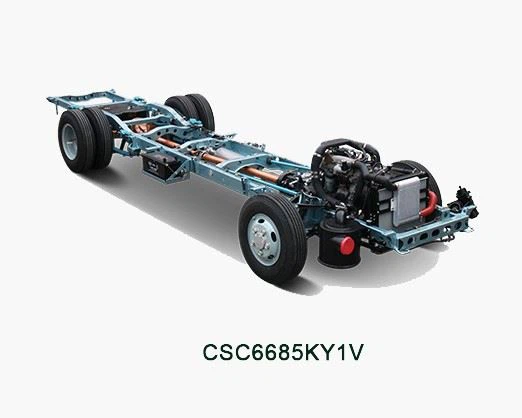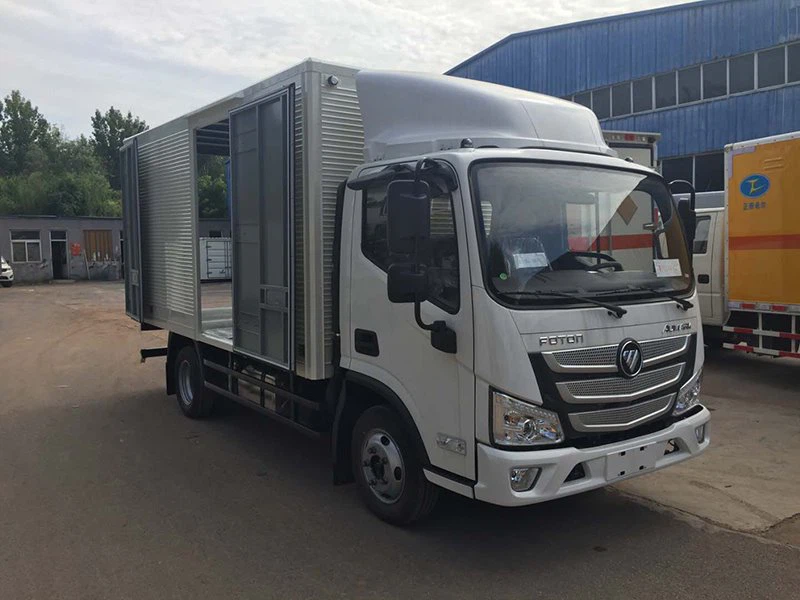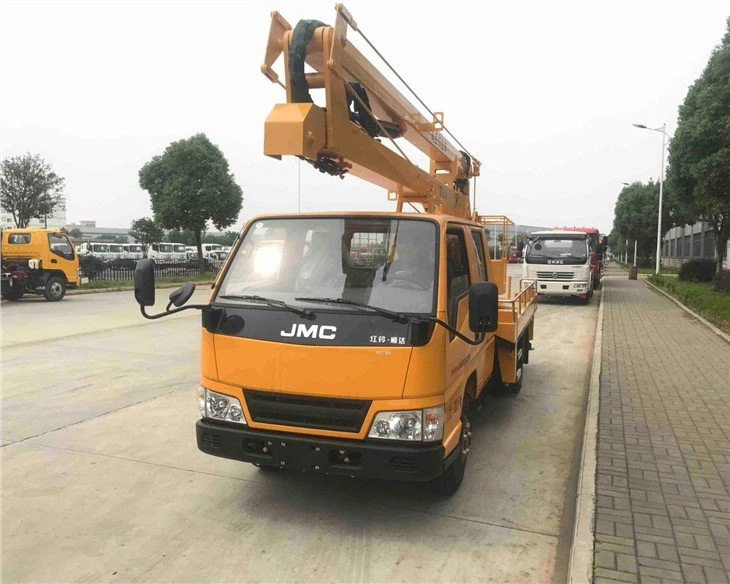Ultimate Guide to Water Trailer Tanks: Everything You Need to Know

Water trailer tanks are essential tools for transporting and storing water in various applications. From agricultural irrigation to firefighting, these tanks cater to diverse needs, making them valuable for homeowners, farmers, and businesses alike. In this article, we will explore the different types of water trailer tanks, their features, uses, maintenance tips, and factors to consider when purchasing. By the end of this guide, you will have a comprehensive understanding of water trailer tanks and how they can benefit you.
What is a Water Trailer Tank?
A water trailer tank is a portable storage solution for transporting water. Generally mounted on a trailer, these tanks can easily be towed by vehicles, making them convenient for various uses. They come in different styles, sizes, and materials to suit specific needs, from small, portable tanks for home use to larger ones designed for industrial applications.
Types of Water Trailer Tanks
1. Polyethylene Water Trailer Tanks
Polyethylene water trailer tanks are lightweight and resistant to corrosion, making them ideal for various uses. Available in a variety of sizes, they are commonly used in agriculture, construction, and residential applications. They are typically molded in a seamless design that minimizes leaks and ensures durability.
2. Steel Water Trailer Tanks
Steel tanks, including galvanized and stainless steel, provide enhanced durability and resistance to damage. These tanks are suitable for long-term storage and can withstand higher pressures. They are often used in industrial applications and firefighting operations.
3. Fiberglass Water Trailer Tanks

Fiberglass tanks are resistant to chemicals and corrosion, making them an excellent choice for transporting potable water. They are durable yet lightweight, ideal for communities that need a reliable supply of clean water.
4. Custom-designed Water Trailer Tanks
For specific needs, custom-designed water trailer tanks can be manufactured to accommodate unique requirements. These tanks can vary in size, shape, and materials based on the demands of their intended application.
Common Uses of Water Trailer Tanks
1. Agricultural Irrigation
Farmers frequently use water trailer tanks to provide irrigation to crops. This method allows for the transportation of water from a source, such as a well or river, to fields that require watering. By using these tanks, farmers can ensure their crops receive the necessary hydration even in dry seasons.
2. Construction Sites
Water trailer tanks are commonly employed at construction sites for dust control and concrete mixing. They help maintain moisture levels in materials and prevent dust from becoming airborne, improving working conditions.
3. Firefighting Operations
In remote areas without reliable water supply, water trailer tanks serve as a critical resource for firefighting teams. These tanks can be towed to the site of a fire, providing immediate access to water needed for suppression efforts.
4. Mobile Water Supply
For events such as festivals or outdoor gatherings, portable water trailer tanks can be set up to provide drinking water for attendees. This ensures that everyone has access to clean water without straining local resources.
5. Recreational Use
Water trailer tanks can also be beneficial for recreational activities, such as camping and fishing. Portable tanks can store water for cooking, bathing, and drinking, enhancing the outdoor experience.
Features to Consider When Buying a Water Trailer Tank
1. Size and Capacity
When selecting a water trailer tank, consider the amount of water you need to transport or store. Tanks come in various sizes, typically ranging from 100 to over 5,000 gallons. Assess your needs to choose a size that provides adequate capacity without being cumbersome.
2. Material
The material of the tank influences its durability, weight, and suitability for specific applications. Polyethylene tanks are lightweight, whereas steel tanks offer sturdiness. Choose a material that meets your requirements and intended use.
3. Trailer Type
The type of trailer the tank is mounted on should match the towing capacity of your vehicle. Ensure that the trailer provides safety features such as brakes and lights for easy and safe transport.
4. Portability
If you need to move the tank regularly, prioritize models that are easy to tow and maneuver. Lightweight tanks tend to be more portable and can be moved by various vehicles.
5. Accessories
Consider what accessories are included with the tank, such as hoses, pumps, and fittings. These can enhance the tank’s functionality and ease of use. It’s also worth checking for optional features like filtration systems, which improve water quality.
Maintenance Tips for Water Trailer Tanks
1. Regular Cleaning
To prevent contamination, regularly clean your water trailer tank. Use a mild detergent and rinse thoroughly with clean water. For more robust cleaning, consider using a vinegar solution to remove mineral build-up.
2. Inspect for Leaks
Regularly check the tank and its fittings for any signs of leaks or cracks. Immediate repairs will prevent loss of water and potential structural damage.
3. Store Properly
When not in use, store the tank in a shaded area to prolong its lifespan. Excessive sun exposure can lead to degradation, especially in plastic tanks. If possible, keep the tank covered when stored.
4. Seasonal Checks
Perform seasonal checks, especially before periods of high usage, such as summer. Ensure all functions are operational, and that the tank is filled and ready for use.
Practical Examples and Tips for Using Water Trailer Tanks

1. Efficient Water Distribution in Agriculture
Farmers can use multiple smaller tanks to minimize the need for large, heavy machinery. By setting up a system of hoses or drip lines, water can be evenly distributed to various crop fields without much effort.
2. Firefighting Preparedness
Communities in fire-prone areas should implement a local water trailer tank program to ensure fire teams have immediate access to water. Position tanks at strategic locations for quick reach.
3. Reduce Water Waste
Consider installing a rainwater collection system that feeds into the water trailer tank. This not only saves on costs but also encourages sustainable practices.
Frequently Asked Questions (FAQs)
1. What is the average cost of a water trailer tank?
The cost of a water trailer tank varies widely depending on size, material, and features. Generally, prices can range from around $500 for smaller tanks to several thousand dollars for larger, more complex systems.
2. How do I know what size tank I need?
Assess your primary use cases, such as irrigation needs or capacity for firefighting. Calculate how much water you will need regularly and choose a tank size that accommodates that requirement while considering space limitations.
3. Are water trailer tanks safe for drinking water?
Many tanks are designed for potable water; however, it’s essential to check their specifications. Ensure that the material is suitable for drinking water and regularly maintain and clean the tank to avoid contamination.

4. Can water trailer tanks be used in winter?
Yes, but precautions are necessary to prevent freezing. Insulating the tank or using heated hoses can ensure that the water remains usable during cold weather conditions.
5. How do I transport a water trailer tank?
Ensure that you use a suitable towing vehicle and that the trailer is securely attached. Always adhere to local laws regarding trailer transportation to ensure safety while on the road.
6. Can I use a water trailer tank for chemicals?
Some tanks are specifically designed for chemical transportation; however, ensure that the tank material is compatible with the chemicals you plan to transport. Always refer to manufacturer guidelines before use.
